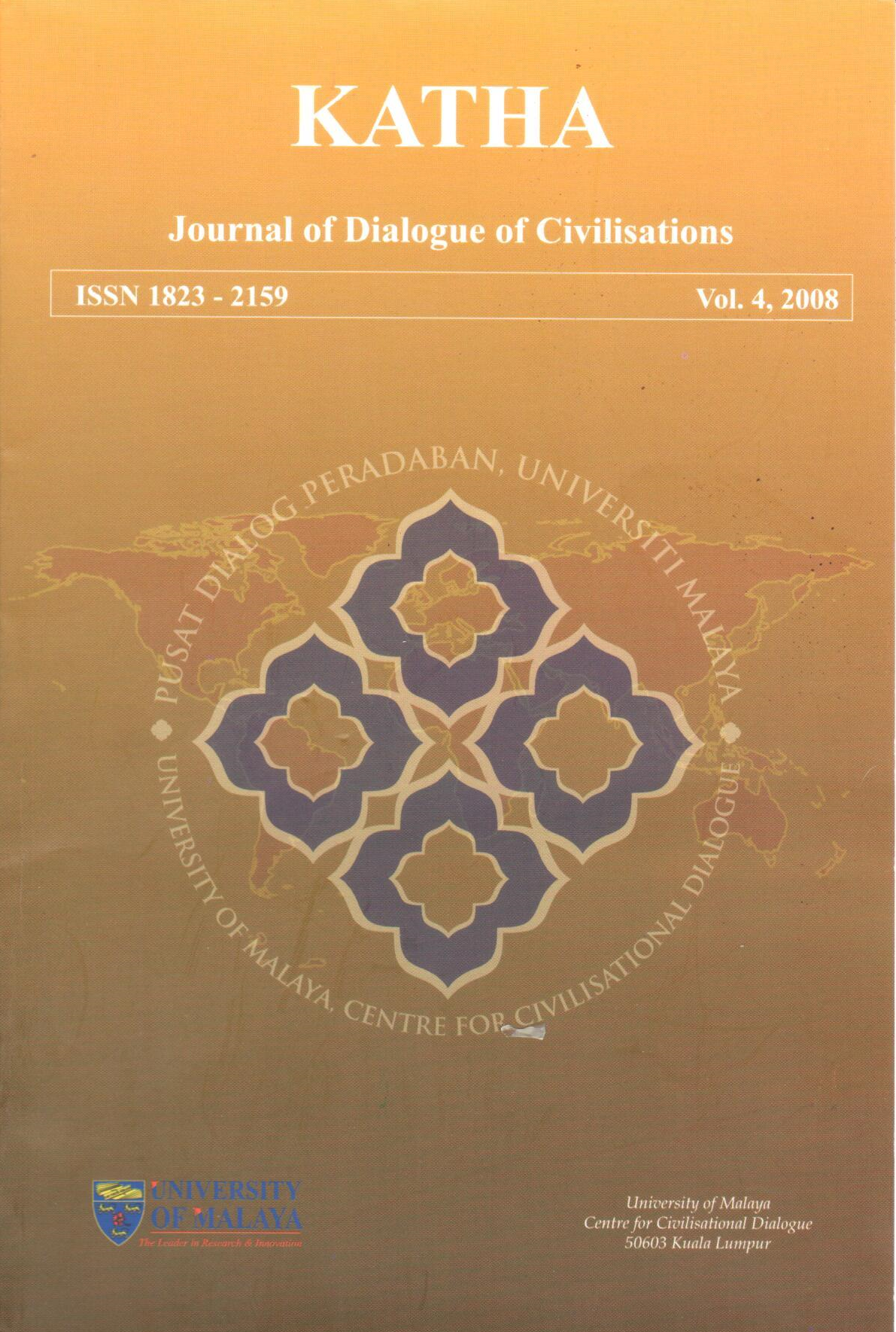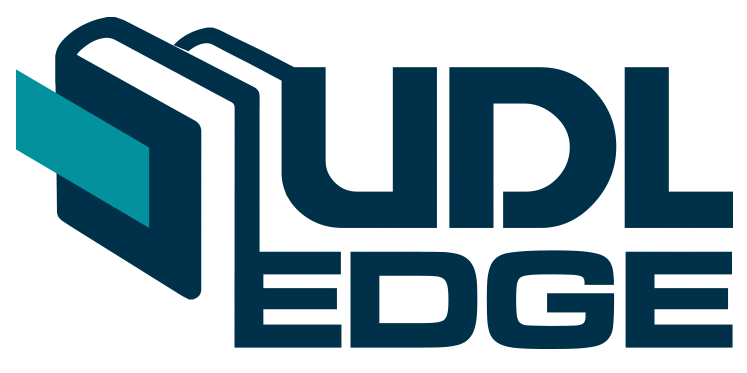Cultural Symbiosis and the Role Of Religion in the Contemporary World: An Islamic Perspective
Abstract
The main aim of this paper is to provide an introductory discussion of the issue of the human need for a cultural symbiosis in the contemporary global community and of the constructive role that religion could play in delivering this global need. We will, however, be examining the issue at hand mainly from the perspective of Islam, since it happens to be the religion with which we are most familiar. But our chosen theme of discussion here with an emphasis on Islam is also influenced by other considerations. We realize that the perspective of Islam on the issue in question is little known to many non-Muslims even though it is important in its own right, thus meriting a serious study by scholars. Today, Islam is the second largest religion in the world after Christianity and also the fastest growing. Moreover for various reasons, Islam is increasingly recognized even by its critics as having the capacity to positively influence world events and global affairs and the future direction of world history.
More often than not, Islam’s influence is perceived negatively. The association of Islam with violence, as portrayed by many circles today, is a good illustration of this widespread misperception of Islam. In these circumstances, it is therefore important to highlight Islam’s positive teachings drawn from its rather rich treasury – spiritual, intellectual, and cultural – that could give a big helping hand to the present humanity in its task of realizing the goal of cultural symbiosis in this sharply polarized world.
Downloads
Downloads
Published
How to Cite
Issue
Section
License
Articles submitted to the journal should not have been published before in their current or substantially similar form, or be under consideration for publication elsewhere. Authors submitting articles for publication warrant that the work is not an infringement of any existing copyright and will indemnify the publisher against any breach of such warranty. For ease of dissemination and to ensure proper policing of use, papers and contributions become the legal copyright of the publisher unless otherwise agreed. By submitting a manuscript, the author(s) agree that copyright for the article is transferred to the publisher, if and when the manuscript is accepted for publication. However, it can be reprinted with a proper acknowledgment that it was published in KATHA.

This work is licensed under a Creative Commons Attribution-NonCommercial-NoDerivatives 4.0 International License.




